Kargo Buys Parsec To Build Attention-Based Mobile Currency
March 31, 2022
As seen on AdExchanger
Mobile ad exchange Kargo has acquired attention sales platform Parsec Media.
The deal reflects Kargo’s investment in attention as a viable metric for post-cookie mobile advertising, said Kargo CEO Harry Kargman, who declined to share how much he paid for the assets.
With cookies on the way out, it’s a good time to embrace a new currency that allows brands to buy ads based on cost per second rather than CPM, Kargman said.
Kargo now owns the rights to Parsec’s “politely interruptive” screen-takeover mobile ad format, which inserts into the body of a web page a video or display ad that users see as they scroll down the page. The ads are sized to take up the majority of a device’s screen while visible, and users can just keep scrolling to remove the ad from their screen.
And Kargo also gets the tech stack Parsec built to measure and package attention data for sale to advertisers, said Adelaide Founder and CEO Marc Guldimann.
Parsec Media launched Adelaide as a performance tool for brand marketing in 2019 and later spun it off into its own company with the same ownership. The decision to sell Parsec’s assets was driven by the need to separate Parsec’s media-focused business from Adelaide’s measurement-focused business, according to Guldimann.
“We realized you can’t really run media and measurement under one roof. Our desire was to focus on measurement,” Guldimann said.
Kargo will use Parsec’s tech to develop its offering for advertisers to purchase against seconds of on-screen exposure, said Kargman. Kargo’s cost-per-second metric will include third-party verification from providers like Oracle’s Moat Analytics.
The underlying code requires an integration on the publisher side and allows nonstandard, non-IAB ad formats to be served programmatically on the open web. When an ad is served, the code triggers an event to measure how many seconds the ad remains on-screen. The code also triggers third-party verification engines.
“Most advertisers, if they’re going to pay you based on any kind of currency, want a trusted third party to verify it,” Kargman said.
The technology Kargo is buying also includes an optimization engine for A/B testing the cost per second of different ad placements against each other. A machine learning algorithm will weigh various factors, including the ad creative itself and targeting parameters, such as the presence of first- and third-party cookies, time of day, IP address and context, to determine the best approaches for driving attention. The results can be measured by the total time of exposure, average time of exposure and other attention-based metrics.
“The cookie and behavioral targeting are going away, so advertisers are going to be searching for new ways to prove they can get results,” Kargman said.
Kargo expects to finish integrating Parsec’s technology into its business within the next three to six months.
Parsec’s spinoff company, Adelaide, will continue to operate as a separate brand and will retain ownership of a proprietary metric it’s working on called the AU or “attention unit” metric.
All of Parsec’s assets that were not acquired by Kargo as part of this deal – including its workforce of 25 employees – will be absorbed into Adelaide, said Guldimann. Adelaide will also continue to serve as a third-party attention measurement partner for Kargo.
Parsec is Kargo’s third acquisition in less than three years. Kargo bought Rhombus, an ad tech company focused on targeting social embeds within articles, in August 2020, followed by online retail advertising company StitcherAds late last year.
